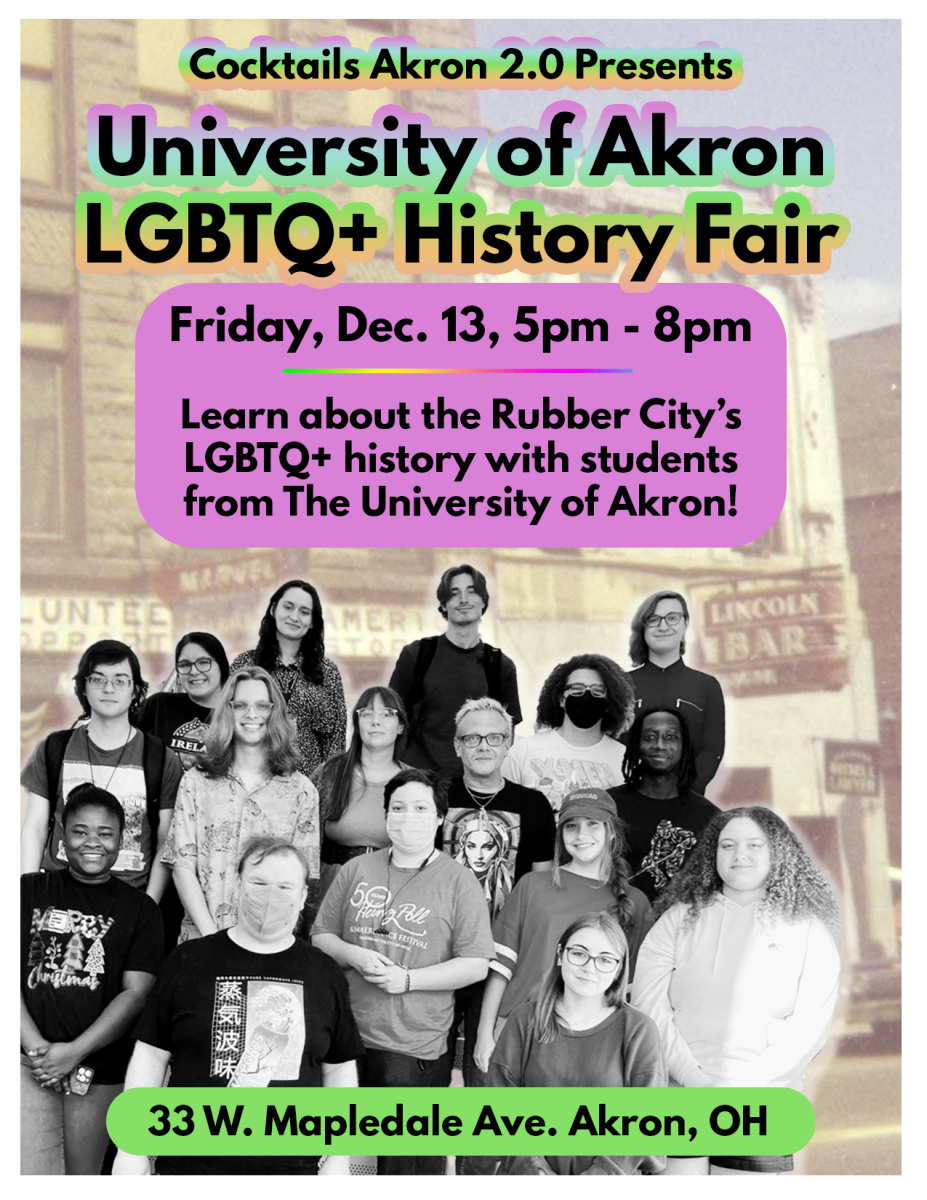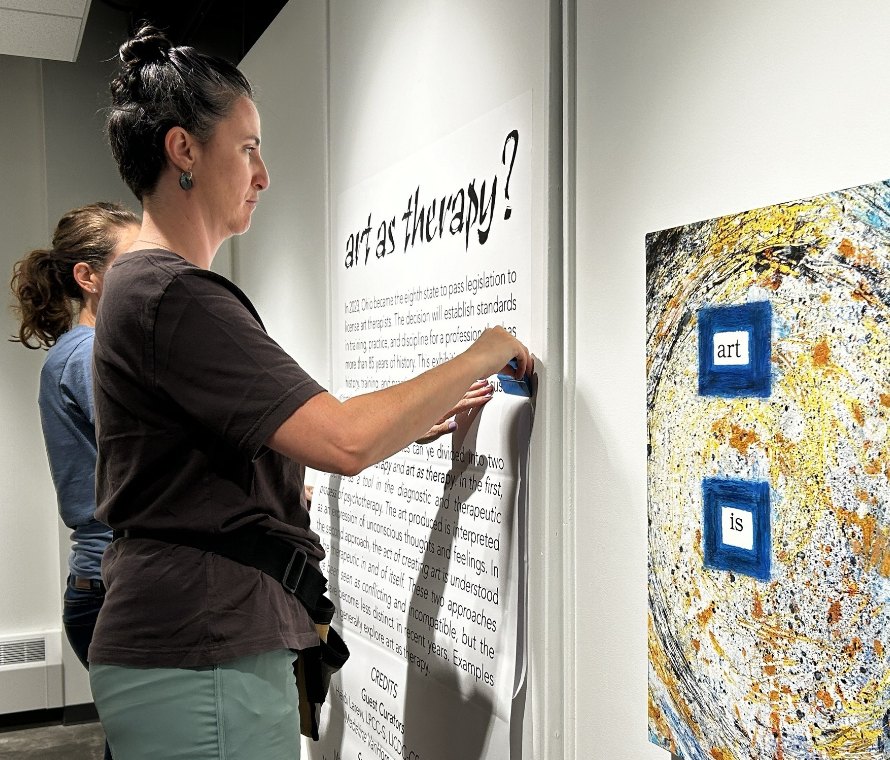By: Molly Gase
Last Wednesday, some popular websites made some very noticeable changes. Google featured a black censor box over its logo. The more informal informative website Wikipedia’s home page was completely blacked out, only able to be used through disabling Javascript. (I Googled that fact because I still have the “right” to.)
These blackouts were in protest of two pieces of national legislation aiming to put a halt to online piracy. The Protect Intellectual Property Act (PIPA) and the Stop Online Piracy Act (SOPA) are both pieces of legislation that were recently proposed at a national level.
The two acronyms have bombarded social media and are the topics of many students’ conversations, but in an interesting turn, when questioned, few students could actually tell me what the letters stood for. The hatred and loathing linked to the legislation was evident in the voices of the students, but the opinions were not always informed.
News that the internet, a global resource of information, could be censored and changed for the corporate benefit of America reached people all over the United States. Such interest in national policies is something that UA students should strive for, since the outcome of these policies will affect us on the University level, as well as in our personal lives.
To really know the way future similar pieces of legislation may impact the way we go about our excursions on the internet, we must know what the legislation is all about. Quoting GI Joe, “Knowing is half the battle.”
National news sources focused on the PIPA and SOPA legislature last week during in the heat of much protest and examined the aftereffects with the bills’ disappearance. According to a CBS political hot sheet report from last Wednesday, “The bills are intended to strengthen protections against copyright infringement and intellectual property theft, but Internet advocates say they would stifle expression on the World Wide Web.”
The legislation pits a battle of sorts between major corporations, such as the music and film industries, and users of the internet as they currently exist. This battle raises questions that many have been on the verge of asking for years now. What should be free on the internet and what shouldn’t?
That is a question that I am not in any way authorized to answer. However, the idea of censorship as something that is spreading comes to mind with this question. Once the government begins to censor some material and prevent piracy on the internet, what prevents a continued control over more and more deemed “disagreeable” aspects of the web?
Senior Media Production/Radio & Television major, Brett Gilliland spoke about the legislation by saying “The entertainment industry is trying to take charge of free speech on the internet, one of the most powerful tools of our time.” Gilliland continued on to say that “The real issue beyond SOPA and PIPA is the outdated copyright laws.”
The CBS article explains how exactly the legislation would fight piracy online. “[W]hile the [Digital Millennium Copyright Act] focuses on removing specific, unauthorized content from the Internet, SOPA and PIPA instead target the platform – that is, the site hosting the unauthorized content.” By going straight to the site launching the illegal material, the control would be more complete in its authority.
Associate Professor William Rich of The University of Akron’s Law School expressed both the pros and cons the legislation would have if even implemented at UA.
Rich explained that “one concern that’s been raised about SOPA/PIPA is that it would allow access to be denied to entire websites if they have some infringing materials on them, even though most of the material on the site is non-infringing. This could make it difficult for anyone, including UA faculty and students, to gain access to certain non-infringing materials,” Rich said.
Rich also said, “SOPA/PIPA would provide additional protection to copyright holders, including UA faculty and, potentially, students, and the University as an institution.” This additional “burden,” as Rich worded it, would create a difficulty for students wanting to get to non-infringing materials. Rich concluded by stating that he hoped “Congress will consider crafting the legislation more narrowly so that it achieves its legitimate objectives in a less burdensome way.”
“If you look at the history of copyright law in the United States you will see that the law has become more and more restrictive over time,” said Associate Professor Sylvia White of the Communications Department. “More content is copyright protected and copyrights last longer and longer. The length of copyright protection used to be comparable to patents (around 20 years); now it is the life of the last surviving author plus 70 years (while patents still last around 20 years).
“This extension of copyright, especially in recent years, is due to pressure from the entertainment industry,” White added.
On the other hand, Rich says that the over-expansion of copyright protection “doesn’t, in itself, mean that the addition of this particular enforcement mechanism is unwarranted.”
While White is concerned that the legislation encroaches the First Amendment there’s also the potential 1st Amendment issue, Rich thinks it unlikely for SOPA/PIPA to be invalidated on First Amendment grounds.
White expressed her view of needing a more narrowly written piece of legislature.
“It is a 20th-century solution to a 21st-century problem,” White said. “I think we need a new regulatory model to fit the realities of an interconnected, digital world. Anyway, Congress will likely bring SOPA/PIPA back later this year.”
A new model personalized to fit a technological society is something Rich feels is “an excellent idea.”
“In order to have force as an argument against SOPA/PIPA, however, the idea would have to be made concrete enough to permit its likely efficacy to be assessed and compared to that of SOPA/PIPA,” Rich said.
Censorship is an issue that will reappear in the spotlight in the near future. As students must stay informed so that we know exactly what is happening and what changes are on the horizon. Good, bad or ugly, SOPA/PIPA will be back, and the capacity in which it reappears will determine how the United States deals with censorship.







